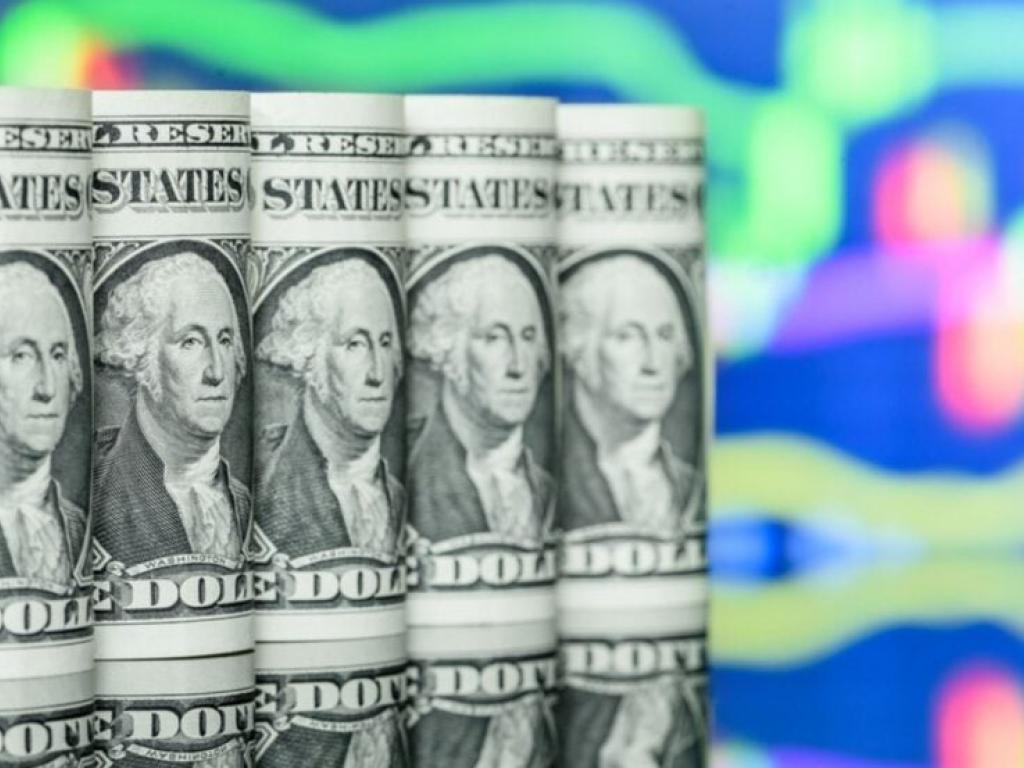Contrarian Analyst Turns To Bonds Ahead Of Fed Rate Cuts, Presidential Election: 'Maybe Tariffs Deflationary Not Inflationary'
Author: Piero Cingari | July 19, 2024 04:09pm
Bank of America’s chief market strategist, Michael Hartnett, is increasingly bullish on bonds for the rest of the year, viewing Treasuries as a safeguard against equity volatility and the non-negligible risk of a harder landing for the U.S. economy.
In his “The Flow Show” note published Friday, Hartnett emphasized that Treasury bonds remained resilient despite the Atlanta Fed’s GDPNow forecast projecting second-quarter U.S. GDP at 2.7% and the rising odds of a Republican “sweep” in the November presidential elections.
Hartnett predicts that Sept. 18 and Nov. 5 will be “buy the rumor, sell the fact” dates, and continues to advise investors to sell stocks after the first Fed rate cut.
Treasury Yields, Investor Sentiment And Tariffs
“Investors fear a U.S. election sweep means inflationary higher tariffs, lower taxes, lower immigration, and thus higher bond yields,” Hartnett stated.
Investors are currently assigning a 100% probability of a Fed rate cut on Sept.18, a 75% probability of Trump winning the U.S. election on Nov. 5, and a 68% probability of a “soft landing.”
Despite the increasing likelihood of Trump winning the election and rising concerns over U.S. fiscal policies, long-dated Treasury yields moved only slightly this week. The iShares 20+ Year Treasury Bond ETF (NASDAQ:TLT) edged down by 0.4%, showing relatively low volatility compared to other major assets.
Hartnett highlighted that U.S. voters are angry about inflation, which they care about most, which explains the sub-40% presidential approval rating despite a 4% unemployment rate.
Seventy percent of young voters in key battleground states cite “cost of living/inflation” as the most important issue, with “abortion” at 40%.
For the first time in 30 years, the 2024 election will see Baby Boomers outnumbered by Gen Z and Millennial voters, who want low inflation, making bonds bullish.
Hartnett also offered a contrarian view, suggesting that “maybe tariffs [are] deflationary, not inflationary.”
He predicts that new tariffs in the next 12 months are more likely to be deflationary due to a weaker global economic backdrop compared to 2018, which saw strong global macro conditions and low interest rates.
“New tariffs threaten a weak global economy with recession,” which would be characterized by tax hikes and business uncertainty, Hartnett stated.
He believes this environment is also more bullish for gold than the U.S. dollar, especially if the new trade war is centered around technology.
Read Next:
Photo: Shutterstock
Posted In: TLT





